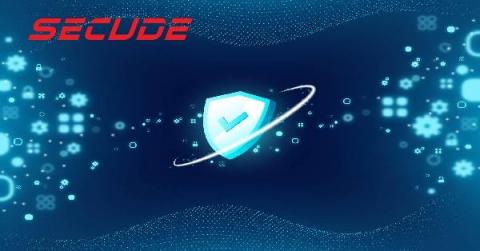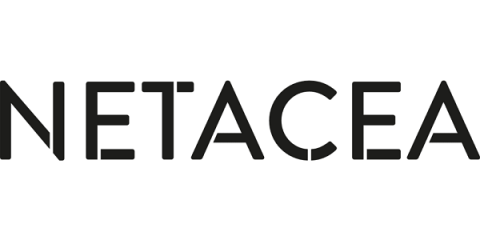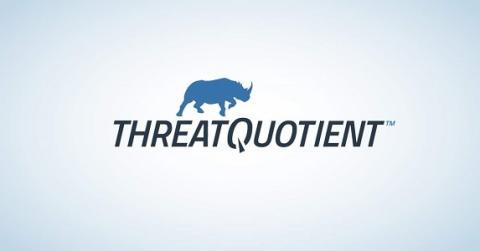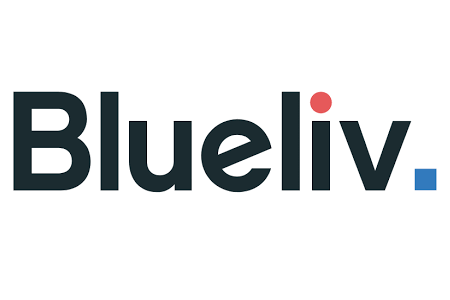Security | Threat Detection | Cyberattacks | DevSecOps | Compliance
Security
Collect, Store, and Collaborate with Egnyte for Life Sciences
Modern drug discovery and clinical trials produce a volume of data that can quickly overwhelm local storage and bandwidth capacity. Sequencing data, scanned source files, biostatistical (SAS, R, SPSS) databases, and DICOM imaging are all hard to store and collaborate on, especially with a distributed workforce. Egnyte’s platform has been facilitating secure sharing of files for over a decade, accelerating the ability to collaborate without sacrificing security.
Report: Data Management Trends in Life Sciences
Organizations in the life sciences industry need to maintain regulated data in compliance with a number of global data privacy laws. Ideally, compliance is automatically ensured, and data is easily categorized. But we all know that this is not always the case in a decentralized, dynamic environment. So, how are the leading biotechs efficiently and securely managing collaboration and data?
Why API testing is critical for today's business applications
An application programming interface (API) enables communication and data exchange between two separate software systems. The application (or service) layer sits between the presentation and database layers and lays out the rules of how users can interact with services, data or functions of the application. API testing is a software testing practice that tests the functionality, reliability, performance and security of an API.
Kroll 2021 data breach outlook: "under-attacked" industries feel the heat
Growing Threat of DDoS Attacks by Extortionist Threat Actors
Kroll experts have noticed an increase in distributed denial of service (DDoS) attacks by cybercriminals seeking to turn a profit in two distinct incident types. First, many ransomware operators are now threatening and conducting DDoS attacks as an additional pressure tactic during the ransom negotiation process. Second, also known as ransom denial of service (RDoS), attackers threaten DDoS attacks that will take down an organization’s public-facing services unless a ransom is paid.
It's All Fun and Games Until You Get Breached - Tackling Security Challenges in the Remote Work Reality
From healthcare to education to critical infrastructure, nobody seems to be safe from cyber attacks. Not even video game creators. News broke in early June that video game giant Electronic Arts was one of the latest victims of a major breach. At first glance, this is just another story of hackers breaking into a victim and finding their way to a sizable pay day. Nothing new here. Plenty of attacks happen every week, right? However it was the way that the attackers got in that was interesting.
ThreatQuotient Advances Industry Threat Intelligence Sharing With Stronger Data Curation Capabilities
Measure your DevSecOps maturity with Datadog's self-assessment
With DevOps teams moving at ever greater speed, it’s vital for security teams to be deeply involved at all stages of the software development and delivery lifecycle. Breaking down silos between development, operations, and security teams ensures that security considerations are not overlooked, that vulnerabilities are caught early, and that security checkpoints do not slow down the delivery process.











